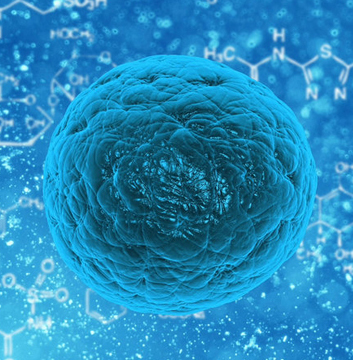
The National Institute for Health and Care Excellence (NICE) has approved pembrolizumab (Keytruda) for advanced gastric cancer.
This immunotherapy, recommended for inoperable or metastatic gastric and gastro-oesophageal junction (GOJ) cancers expressing the PD-L1 protein, will be used with standard
aged 75 and over. Pembrolizumab, a checkpoint inhibitor, enhances the immune system’s ability to target cancer cells by blocking the PD-1 protein, which cancer cells use to evade detection.
The decision follows the KEYNOTE-859 trial, showing that pembrolizumab with chemotherapy significantly improves survival and delays cancer progression compared to chemotherapy alone. NICE’s decision applies to England and is expected to influence Wales and Northern Ireland’s NHS practices, though Scotland has a separate approval process.
In the U.S., cancer centers are increasingly addressing the social needs of patients, recognizing that factors like income, education, and discrimination impact cancer outcomes. Disparities exist among different groups, with certain populations experiencing worse outcomes due to factors like food insecurity, transportation challenges, and housing instability. For instance, food insecurity can lead to delays or alterations in treatment, while transportation issues can cause missed appointments. Programs addressing these social determinants of health include food pantries, free rides to medical appointments, and legal aid services to assist with housing issues.
Efforts like the Feed1st food pantry and free rideshare services illustrate the shift toward holistic cancer care. Despite these advances, experts like Dr. Reginald Tucker-Seeley emphasize that systemic changes and broader policy efforts are necessary to address the root causes of cancer disparities effectively.
